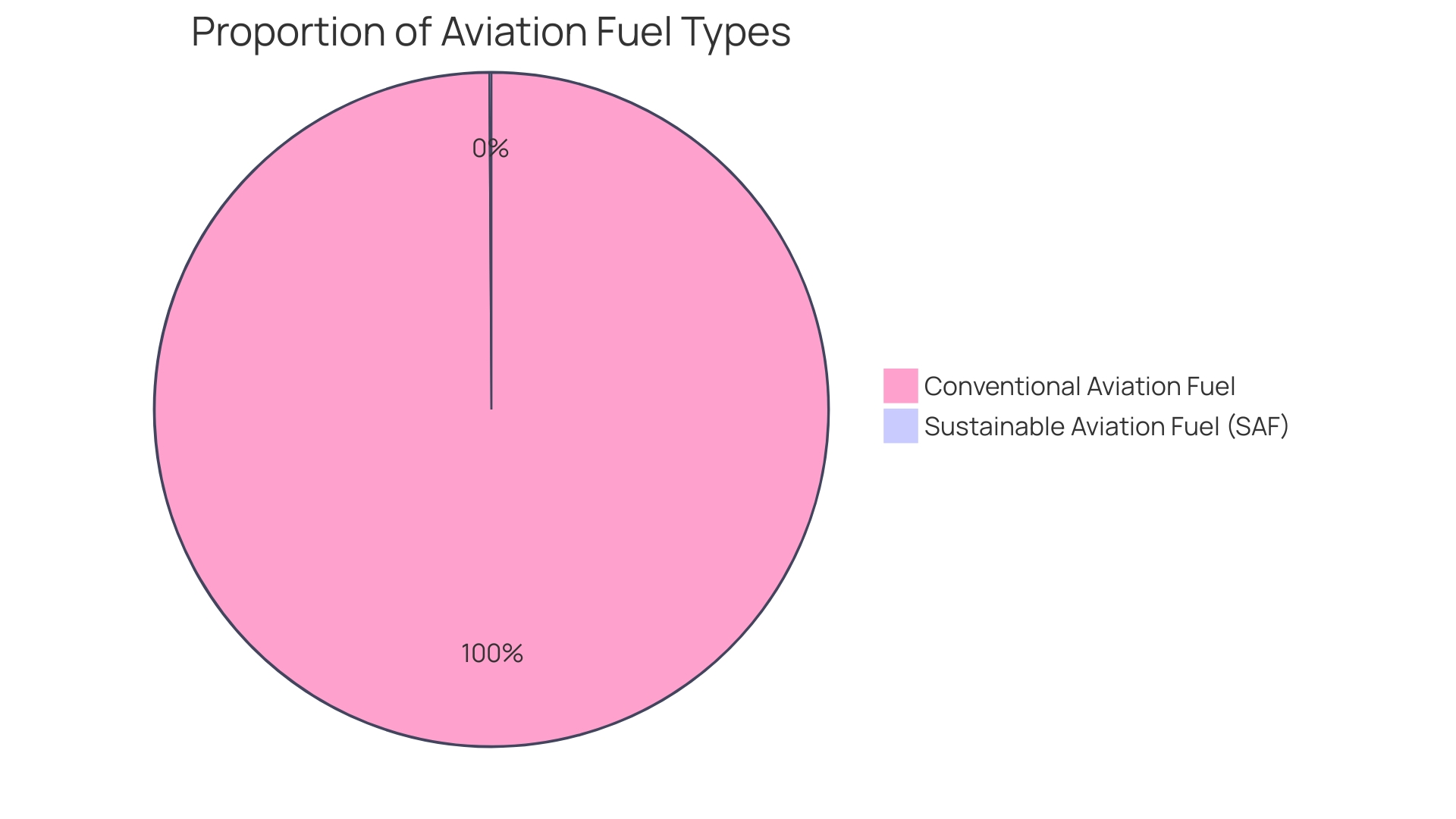Introduction
Aviation fuel, commonly known as jet fuel, plays a crucial role in the operation of aircraft. With different types of jet fuel catering to diverse aviation needs, the procurement process involves various sources and platforms. From established fuel suppliers at airports to private suppliers offering tailored solutions, the advent of online platforms has further simplified transactions.
Airport and airfield fueling services, such as fixed-base operators (FBOs) and self-service fueling, provide different options for aircraft owners. Additionally, private fuel suppliers and distributors are pivotal in delivering bespoke fueling services, even in remote areas. Examining successful practices in fuel procurement, such as the partnership between Airbus and Neste, highlights the industry's commitment to decarbonization and sustainability.
Sustainable Aviation Fuel (SAF) emerges as a cleaner alternative to traditional fuel types, aligning with global emissions reduction goals. Regulatory compliance, cost management, and efficiency considerations also influence fuel procurement strategies. Understanding the nuances of aviation fuel types and fueling options is essential for industry professionals.
Case Study: Exploring Fueling Options for Aircraft
Aviation fuel, commonly referred to as jet fuel, is a highly refined, kerosene-based substance that's vital to aircraft operation. Different types of jet fuel like Jet A, Jet A-1, and Jet B cater to diverse aviation needs, with Jet A and Jet A-1 being the standard for commercial aviation and Jet B serving smaller aircraft and helicopters.
The procurement of aviation fuel involves various sources and platforms. Established fuel suppliers and distributors provide reliable services at airports, while private suppliers offer tailored solutions and flexibility. Moreover, the advent of online platforms has simplified the process, enabling quick and efficient transactions.
Airport and airfield fueling services include fixed-base operators (FBOs) that offer comprehensive on-site fueling facilities. Self-service fueling is another option, offering a more economical approach but requiring proper training and safety measures.
Private fuel suppliers and distributors are pivotal, particularly for private aircraft owners, delivering bespoke fueling services even in remote areas with limited infrastructure. The digital transformation has further enabled direct sales, enhancing the procurement process.
Examining successful practices in fuel procurement is instructive. For instance, the partnership between Airbus and Neste aims to decarbonize aviation, acknowledging the pressing issue of climate change. Sustainable Aviation Fuel (SAF) is central to these efforts, as traditional fuel types contribute significantly to CO2 emissions, with aviation accounting for 2-3% of global emissions.
SAFs have the potential to revolutionize the industry, offering a cleaner alternative that complies with sustainability standards. The International Civil Aviation Organization (ICAO) has committed to a net-zero emissions goal by 2050, underscoring the urgency to adopt SAFs.
Regulatory compliance remains paramount, with agencies like the FAA setting strict guidelines for fuel handling and safety. Cost and efficiency also influence procurement, with strategies like fuel hedging and route optimization being employed to manage expenses.
In summary, understanding the nuances of aviation fuel types, procurement sources, and fueling options is essential for industry professionals. SAFs emerge as a promising solution to reduce the aviation sector's carbon footprint, aligning with global sustainability goals.

Conclusion
Aviation fuel is vital for aircraft operation, with different types catering to diverse needs. Procurement involves various sources, including established suppliers and private providers. Online platforms have simplified transactions, making fuel procurement efficient.
Fueling options range from fixed-base operators (FBOs) to self-service fueling and private suppliers. The partnership between Airbus and Neste exemplifies successful fuel procurement practices, aiming to decarbonize aviation and address climate change. Sustainable Aviation Fuel (SAF) aligns with emissions reduction goals, with the industry committed to net-zero emissions by 2050.
Regulatory compliance, cost management, and efficiency considerations influence fuel procurement strategies. Understanding fuel types, procurement sources, and options is crucial for industry professionals. SAF holds promise in reducing the aviation sector's carbon footprint and aligning with sustainability goals.
Embracing cleaner fuel alternatives is essential for a more sustainable future.
Take action now and join us in embracing cleaner fuel alternatives for a more sustainable future!




